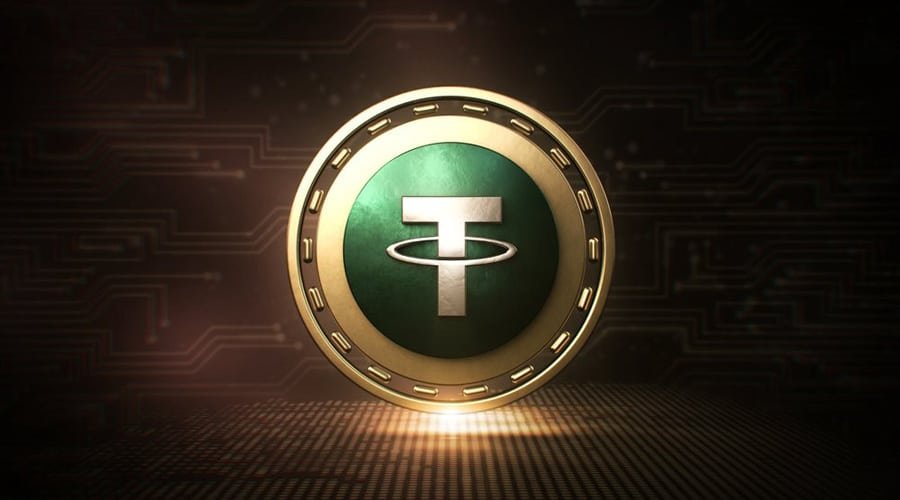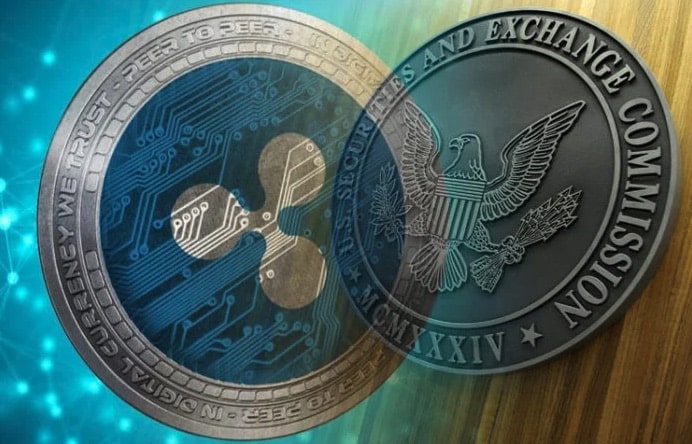Two of the world’s largest crypto exchanges failed to take steps to prevent sanctioned Russian banks from using their platforms, according to a report. Huobi and KuCoin, both based in Seychelles, still allow traders to transact with debit cards issued by sanctioned Russian banks, including Sberbank, on their peer-to-peer platforms.
Last year, the U.S. placed sanctions on Sberbank after the Russian invasion of Ukraine. The bank was blocked from SWIFT payments, with top leadership at the bank also seeing their assets frozen. The sanctions forced Russia’s largest state-owned bank to shutter in nearly every European country and look toward China instead, resulting in a 75% decline in net profits last year.
Russia’s military forces have committed heinous atrocities in Ukraine and the global community must hold them to account,” said Secretary of the Treasury Janet L. Yellen of the move to block Sberbank. “This serious action, including fully blocking Russia’s largest bank and banning new investment in Russia, will further restrict Putin’s ability to fund and supply his war.”
The EU has placed more than 1,200 companies on the sanctions list as a direct result of Russian invasion of Ukraine. In February, the European Union also greenlit its 10th round of sanctions on Russia. The package features greater restrictions on exports and more punishments against companies helping Russia disseminate propaganda or deliver military drones.
Officials at KuCoin and the exchange Binance, which is also mentioned prominently in the report, disputed the claims. Huobi advisor Justin Sun did not return requests for comment regarding the report. KuCoin, Huobi and Binance all got started during the early days of the crypto boom in Asia. Representatives of Tether also didn’t immediately respond to a separate request for comment.

“KuCoin does not support the withdrawal and deposit of the cards issued by Russian banks,” Johnny Lyu, chief executive officer at KuCoin, said through a representative. “As an exchange registered in Seychelles, we abide by the laws and regulations of Seychelles. We also respect the laws and regulations of other countries. If there are suspicious transactions that needed to be investigated, we will voluntarily cooperate.”
Binance, the world’s largest cryptocurrency exchange, is also mentioned prominently in the report. The exchange offers “multiple methods for Russians to convert local currency into crypto,” including via their over-the-counter trading desk and a peer-to-peer marketplace, the report said. Each of these options are open to Russians without know-your-customer checks for up to a $10,000, the report said.
Binance, which has been subject to numbers investigations worldwide, didn’t immediately respond to a request for comment. In the US, Binance has been probed by the Securities and Exchange Commission, Commodity Futures Trading Commission, Justice Department and the Internal Revenue Service.











